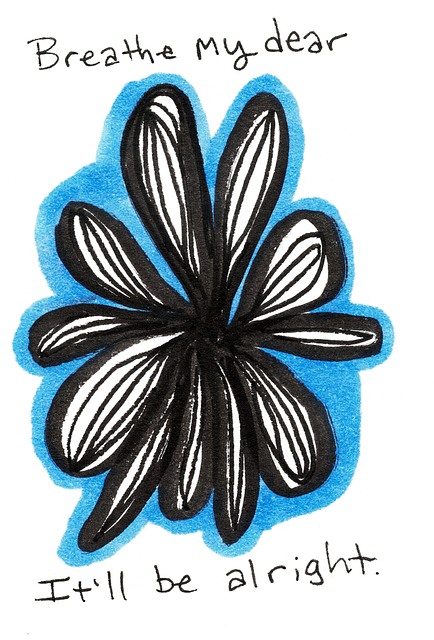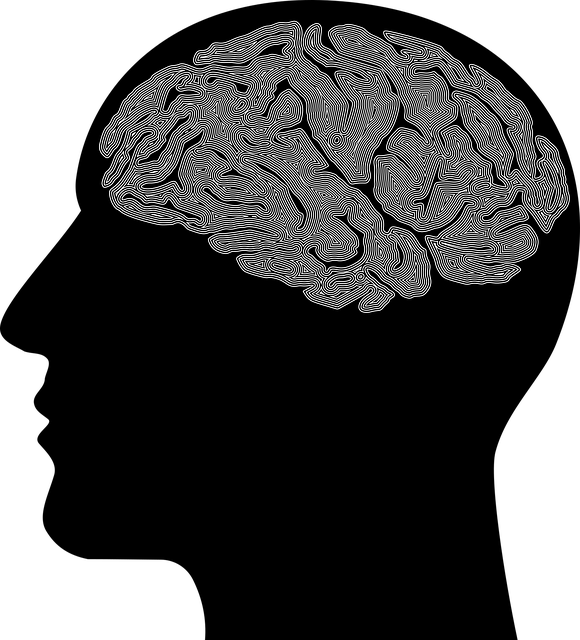Cultural sensitivity in mental healthcare, particularly through Highlands Ranch Acceptance and Commitment Therapy (ACT), is crucial for positive patient outcomes. Therapists are encouraged to embrace cultural diversity, integrating mindfulness meditation and educational initiatives to create a safe, supportive environment where clients feel heard and empowered. This holistic approach enhances confidence, facilitates accurate assessments, and ensures culturally responsive care tailored to individual needs. Overcoming challenges in integrating ACT with cultural sensitivity is essential for effective and respectful mental health services to diverse populations in Highlands Ranch.
Cultural sensitivity is an essential aspect of mental healthcare, ensuring equitable access to effective treatment for all. This article explores the concept of cultural competence within the context of Highlands Ranch Acceptance and Commitment Therapy (ACT), addressing key challenges and barriers. We delve into practical strategies for therapists to incorporate diverse cultural perspectives, fostering inclusive practices that respect and valorize clients’ unique backgrounds. By understanding and navigating these aspects, ACT practitioners can enhance their approach, leading to more successful outcomes.
- Understanding Cultural Sensitivity in Mental Healthcare
- Challenges and Barriers in Highlands Ranch Acceptance and Commitment Therapy (ACT)
- Strategies for Incorporating Cultural Competence in Clinical Practice
Understanding Cultural Sensitivity in Mental Healthcare

Cultural sensitivity in mental healthcare is a critical aspect that can significantly impact patient outcomes. It involves understanding and respecting the diverse cultural backgrounds, beliefs, and values of individuals seeking treatment. In Highlands Ranch Acceptance and Commitment Therapy (ACT), therapists are encouraged to embrace cultural diversity as a strength, using it to enhance therapeutic alliances and tailor interventions effectively. This approach fosters a safe and supportive environment where clients feel heard, understood, and empowered to engage in their mental health journey.
By integrating cultural sensitivity practices, such as promoting Mindfulness Meditation techniques that resonate across cultures and increasing Mental Health Awareness through educational initiatives, therapists can build stronger connections with their patients. These strategies not only boost client confidence but also facilitate more accurate assessments and personalized treatments. Through this holistic approach, mental healthcare providers can ensure that every individual receives culturally responsive care tailored to their unique needs.
Challenges and Barriers in Highlands Ranch Acceptance and Commitment Therapy (ACT)

In Highlands Ranch, Acceptance and Commitment Therapy (ACT) has gained recognition as an effective approach to mental healthcare. However, integrating this therapeutic method with cultural sensitivity presents unique challenges. One significant barrier is the potential for ACT’s mindfulness-based practices to be perceived differently across various cultural backgrounds. For instance, while mindfulness can be a powerful tool for stress reduction methods, not all cultures share the same understanding or acceptance of meditative practices, which may impact patient engagement and adherence.
Additionally, addressing trauma support services within ACT requires careful consideration of cultural contexts. Different communities have distinct ways of expressing and interpreting traumatic experiences, influencing how they approach healing and self-esteem improvement. Therapists in Highlands Ranch must be attuned to these nuances to provide culturally sensitive care, ensuring that ACT techniques are adapted to meet the unique needs and beliefs of their diverse clientele.
Strategies for Incorporating Cultural Competence in Clinical Practice

Incorporating cultural competence into clinical practice is a vital step for mental health professionals to ensure they provide effective and respectful care to diverse populations. One practical strategy is Highlands Ranch Acceptance and Commitment Therapy (ACT), which focuses on fostering emotional regulation, positive thinking, and meaningful action while acknowledging and accepting cultural nuances. By integrating ACT principles with cultural sensitivity, therapists can create a safe and supportive environment that honors individual beliefs and values.
Additionally, Mental Wellness Coaching Programs Development plays a significant role in enhancing cultural sensitivity. These programs often emphasize the importance of understanding clients’ backgrounds, experiences, and unique perspectives. Through ongoing training and education, mental health professionals can develop the skills to navigate complex cultural issues, adapt their therapeutic approaches, and ultimately improve treatment outcomes for diverse individuals seeking support.
Cultural sensitivity is a cornerstone of effective mental healthcare, particularly within the context of Highlands Ranch Acceptance and Commitment Therapy (ACT). By recognizing and addressing the challenges and barriers faced by diverse populations, ACT practitioners can create more inclusive and accessible environments. Implementing strategies that foster cultural competence, such as ongoing education, adaptive therapy techniques, and patient-centered care, ensures that every individual receives personalized support. Embracing these practices not only enhances therapeutic outcomes but also promotes a more equitable mental healthcare system in Highlands Ranch and beyond.









